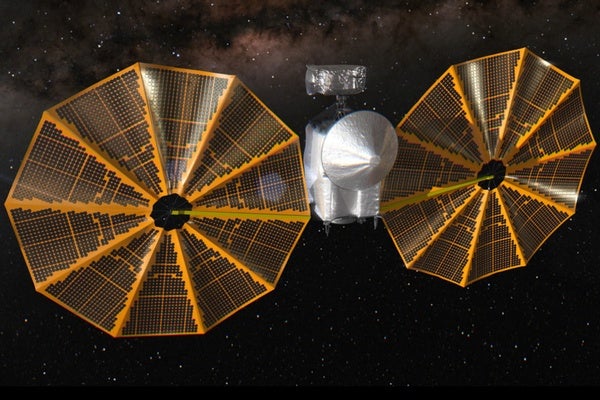 |
| October 19, 2021 |
 |
| |
| |
| |
| |
| |
| Medicine Gene Therapy Is Coming of Age Various approaches are approved for treating blood cancers and a few rare disorders—they may soon become standard care | | | | |
| |
| |
| |
| |
| |
FROM THE STORE
 | | | |
| |
FROM THE ARCHIVE
 | | The Violent Biography of Our Solar System New evidence suggests the solar system's early eras were defined by wandering worlds and staggering displays of interplanetary destruction By Konstantin Batygin,Gregory Laughlin,Alessandro Morbidelli | May 2016 | | |
LATEST ISSUES
 |
| |
| Questions? Comments?  | |
| Download the Scientific American App |
| |
| |




